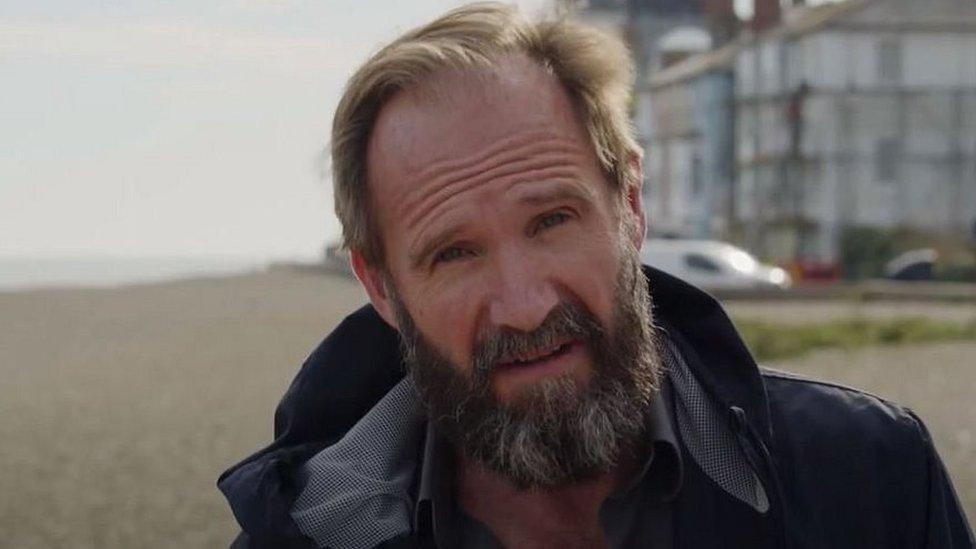Pylon plans will cause 'untold damage' councils say
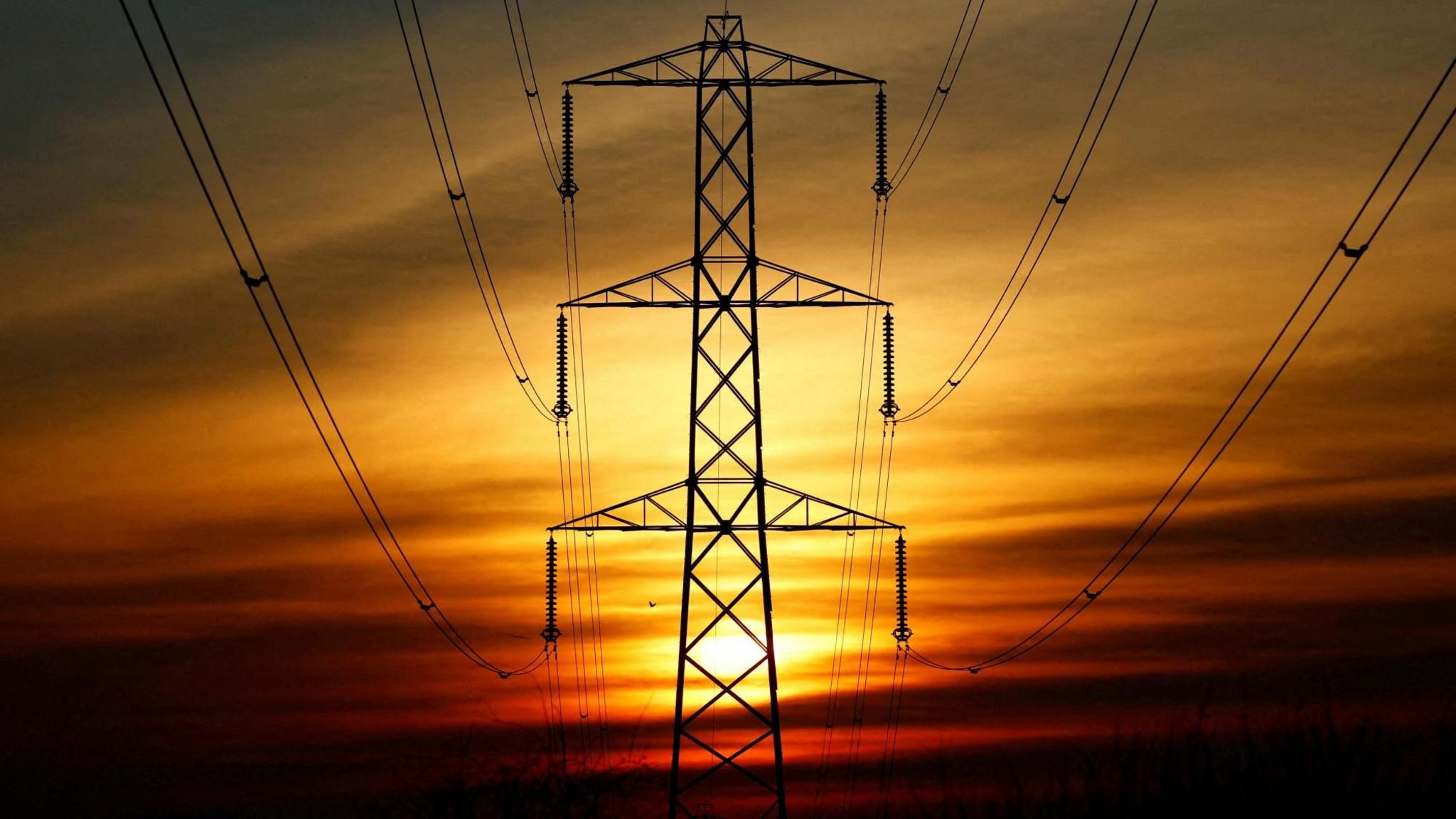
National Grid wants to build pylons following a consultation
- Published
National Grid's decision to build pylons on the Norfolk/Suffolk border has been criticised by county councils.
The firm had previously considered laying underground cables as part of its Norwich to Tilbury, external project in the Waveney Valley area, but following a consultation it said it had now decided to instead build pylons.
Richard Rout, Suffolk County Council's deputy cabinet member for nationally significant infrastructure projects said the pylons will "wreak untold damage" on the landscape.
National Grid said: "We haven't taken this decision lightly and in doing so we carefully considered a range of factors, including potential environmental impacts, planning policy and cost to the consumer."
'Disgraceful'
Rout told BBC Suffolk: "Frankly that decision is nothing short of disgraceful.
"Should the project go ahead, this is one small way the National Grid could have improved it, they could have reduced the impact on Norfolk and Suffolk and our communities but they've chose not to do that."
Councillor Kay Mason Billig, leader of Conservative Norfolk County Council, added: "The Waveney Valley is well known for its unspoilt rural tranquillity, historic buildings and rich natural habitats.
"National Grid have clearly disregarded local views and seem determined to cover the landscape with miles of pylons."
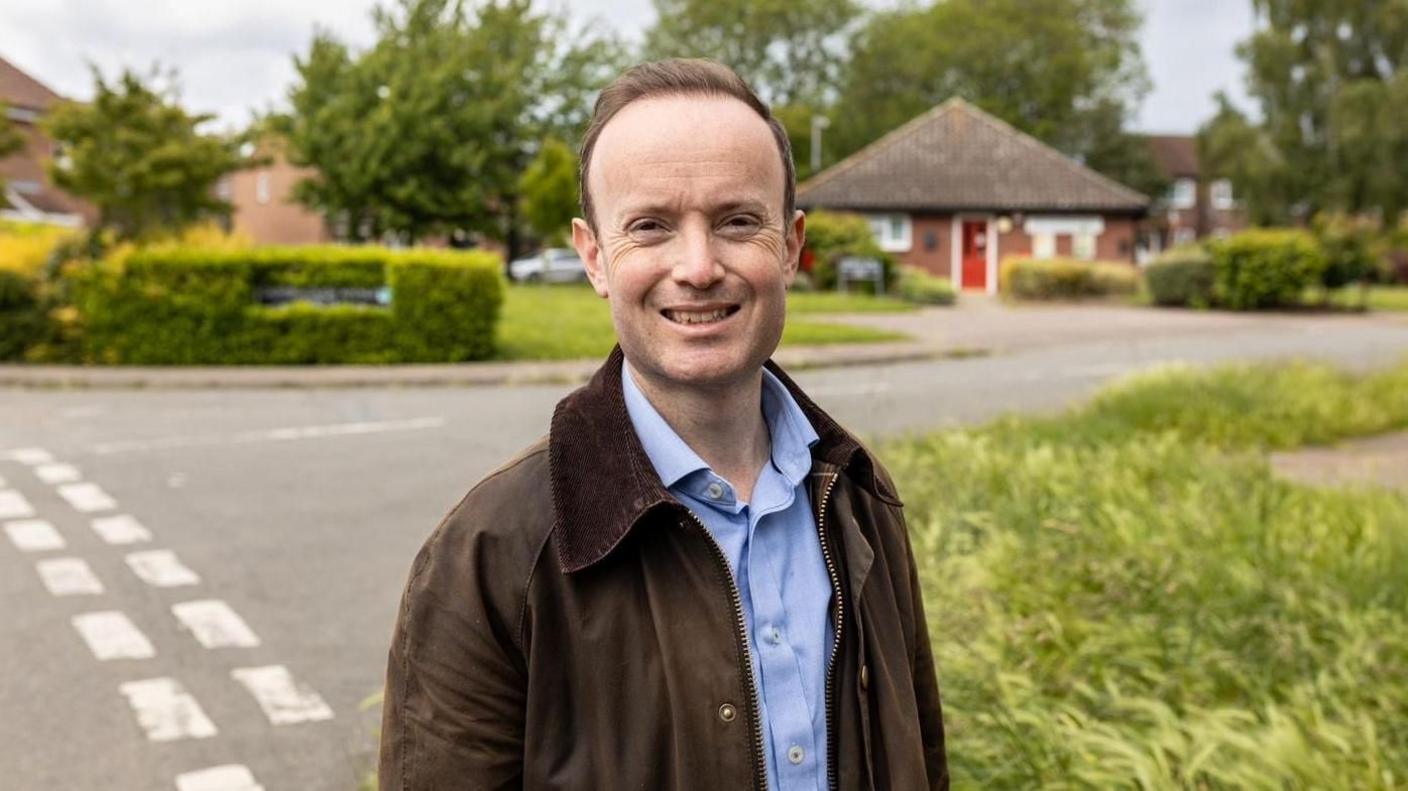
Richard Rout described the decision as "disgraceful"
The proposed works are part of The Great Grid Upgrade, external which the National Grid described as "the largest overhaul of the electricity grid in generations".
A part of this project it wanted to build about 112 miles (180km) of power lines between Norwich and Tilbury.
The pylons, which would be 50m-high (164ft), would run between the existing substations at Norwich, in Norfolk, Bramford in Suffolk and Tilbury in Essex, as well as connecting to new offshore wind farms.
In September, Sir Keir Starmer said plans for overground pylons would need to go ahead to secure cheaper electricity.
Rout added: "There are very few quarrels with the desire to have more clean energy and energy security for the UK but we can't do that to the cost of our countryside."
'Range of options considered'
National Grid explained it had considered a range of underground installation techniques such as horizontal directional drilling, but decided all of them would either have potentially negative environmental impacts or incur a high cost.
It said: "We looked at trenchless installation techniques – such as horizontal directional drilling, which could not be used to cross the full length of the valley due to soil conditions and potential interaction with channel naturalisation.
"We also considered driven pipes and a tunnel – both of which present significant cost, environmental and technical restrictions.
"We also assessed open-cut techniques, but the impact on the naturalisation project as well as on soil and the local environment would be more significant than an overhead line."

The Green Party co-leader said he was disapointed by the decision from the National Grid
The Green MP for Waveney Valley, Adrian Ramsay, said he was disappointed by the decision.
He added: "I appreciate that there are technical difficulties but if they abandon commitments at the first sign of obstacles, it raises the question of how reliable those commitments are."
"I have engaged with National Grid in good faith to try to get the best possible solution and I will continue to do so. But this is not a good start and I will be pressing them to explore all options for required improvements to energy infrastructure."
Get in touch
Do you have a story suggestion for Suffolk?
Follow Suffolk news on BBC Sounds, Facebook, external, Instagram, external and X, external.
- Published26 July 2024
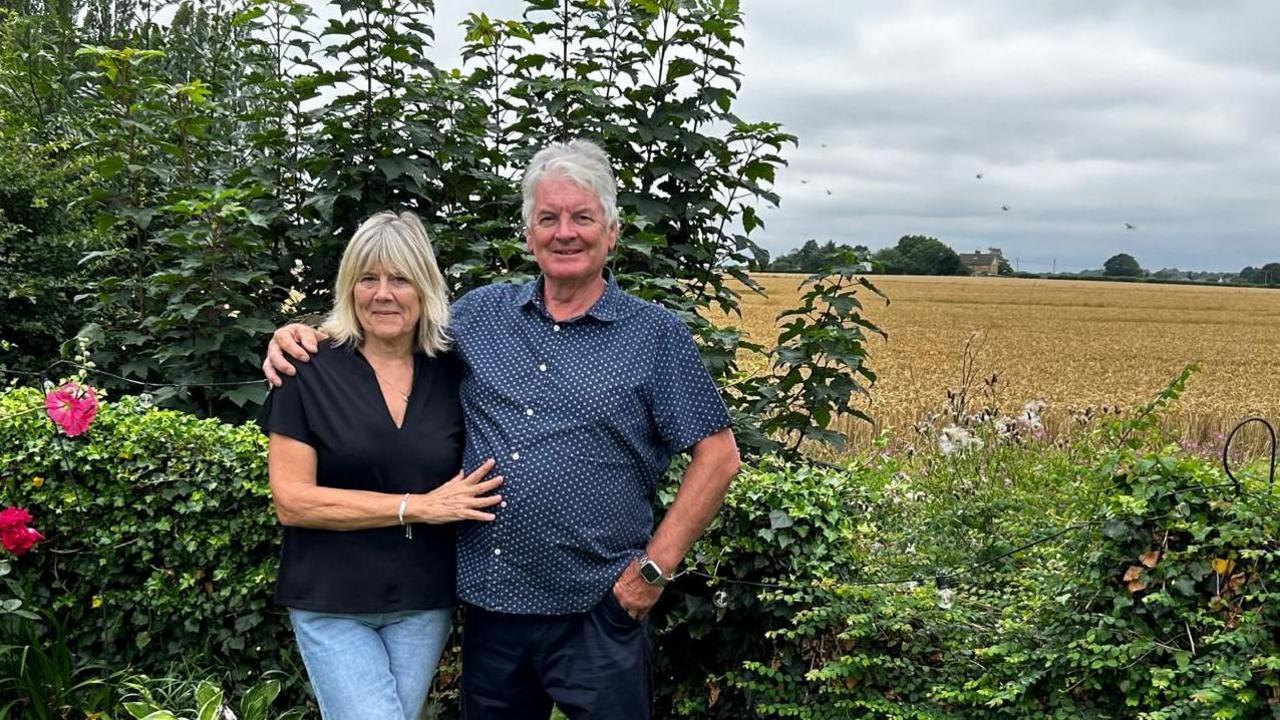
- Published16 May 2024
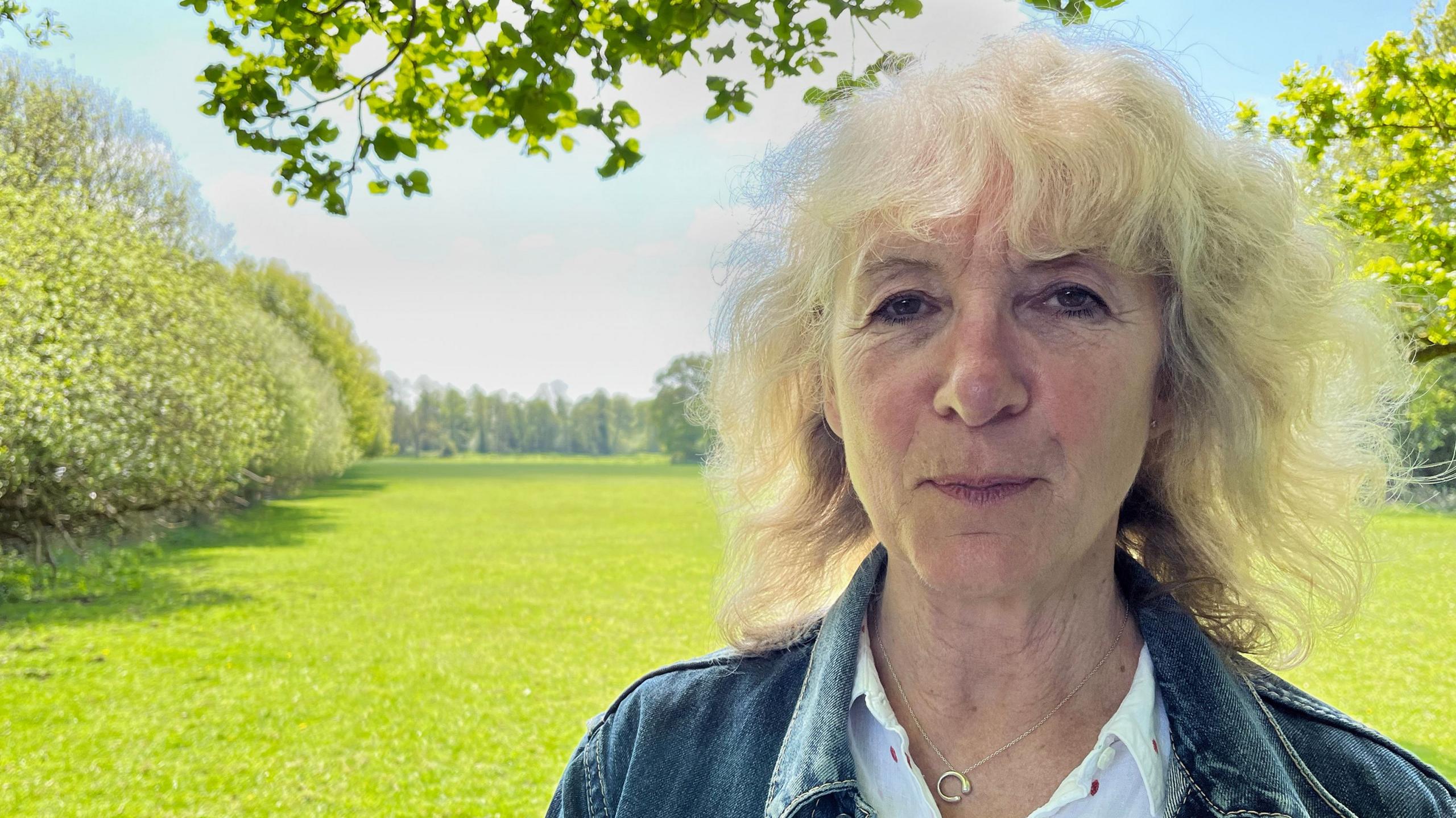
- Published10 January 2024
